ABS Sheet vs. PVC Sheet: What Are The Differences?
Understanding the distinctions between ABS Sheets and PVC Sheets is critical when deciding which material is best for your project. Both materials have distinctive qualities that make them suitable for a variety of industrial applications, but they also have distinct benefits and drawbacks. In this post, we'll look at the characteristics, applications, and benefits of each, allowing you to make the best decision for your needs.
Read more: Recycled ABS plastic - Process, Advantages and Disadvantages
1. Overview Of PVC And ABS Sheet
Before exploring the differences between ABS Sheets and PVC, we need to clearly understand the definitions of these two types of materials, as follows:
- ABS Sheets: ABS Sheets are a highly adaptable thermoplastic made from three primary monomers: Acrylonitrile, Butadiene, and Styrene. This blend creates a resilient resin that balances impact resistance, flexibility, and strength. The production process involves precise polymerization of these monomers, resulting in high-quality ABS resin, which is extruded into Sheets of various thicknesses. ABS Sheets are popular in construction, electronics, and automotive industries for both functional and decorative uses due to their excellent machinability and aesthetic appeal.
- Polyvinyl Chloride (PVC): PVC is a versatile thermoplastic polymer produced through the polymerization of vinyl chloride (CH₂=CHCl), derived from petroleum or natural gas. It is one of the most widely produced plastics, with an annual output of about 400 million tons. Known for its durability and adaptability, PVC is suitable for diverse applications in construction, electrical, and consumer goods industries. It features exceptional chemical resistance, low moisture absorption, and good mechanical strength.
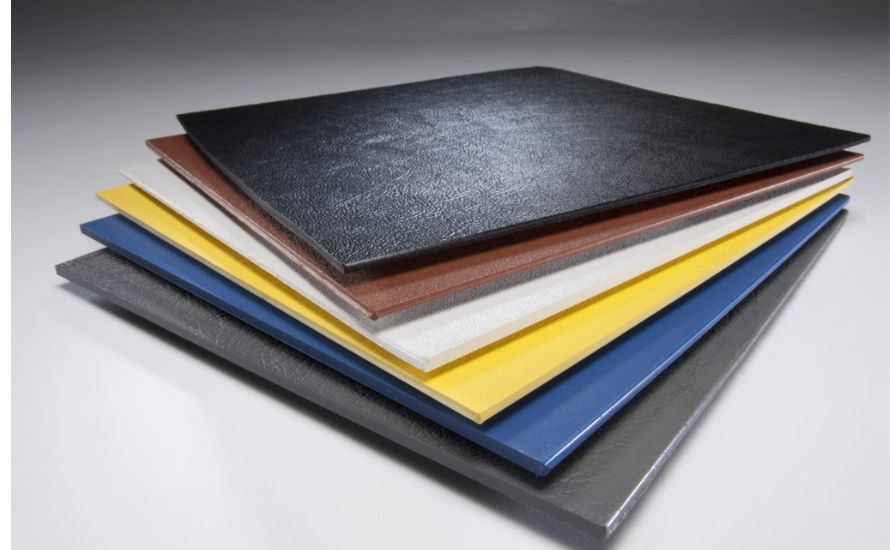
2. ABS Sheet vs. PVC Sheet: Pros & Cons
We have compared ABS Sheets and PVC Sheets below, emphasizing their respective advantages and disadvantages to assist you in making an informed decision.
| |
ABS Sheet |
PVC Sheet |
| Advantages |
- Durability: ABS Sheets are renowned for their exceptional durability, which guarantees long-term performance by resisting impacts, scratches, and abrasion.
- Versatility: ABS is capable of being easily molded, machined, and thermoformed, enabling it to be extensively customized to meet the specific requirement.
- Chemical Resistance: ABS components are more durable in challenging environments due to their exceptional resistance to chemicals, lubricants, and solvents.
- Aesthetic Appeal: ABS Sheets are available in a variety of colors and finishes and can be painted or laminated to meet branding requirements.
|
- Superior heat stability: PVC Sheets are well-suited for high-temperature applications due to their exceptional heat resistance.
- Weathering Resistance: PVC Sheets are capable of withstanding extended exposure to severe weather conditions and sunlight without experiencing substantial degradation.
- Cost-effectiveness: PVC is a cost-effective alternative for a variety of applications, as it is generally more affordable than ABS.
- Ease of Fabrication: PVC Sheets are simple to cut and assemble, which streamlines production processes.
|
| Disadvantages |
- Limited Heat Resistance: ABS Sheets have a low heat deflection temperature, limiting their use in high-temperature applications.
- Inadequate Weathering Resistance: Surface degradation and discoloration may result from prolonged exposure to UV radiation.
- Potential for Warping: Careful design and processing are required due to the potential for warping in ABS Sheets due to asymmetrical heating or cooling.
|
- Impact Resistance: Although PVC Sheets are durable, they may not provide the same level of impact resistance as ABS.
- Less Versatile: In comparison to ABS, PVC Sheets offer fewer customization options, which may limit the flexibility of design.
- Limited Aesthetic Options: PVC is available in a variety of colors, but it does not have the same extensive finish options as ABS.
|
3. ABS Sheet vs. PVC Sheet: Comparing Applications
In this comparison, we will examine the specific applications of ABS Sheets and their comparative advantages over PVC Sheets.
3.1. Automobile Components
ABS Sheets are extensively employed in the automotive industry for both interior and exterior components. Their exceptional durability and impact resistance enable the intricate molding of complex shapes. Dashboard panels, exterior body elements, door trims, and wheel covers are among the most prevalent applications. ABS Sheets offer the requisite durability to withstand the rigors of daily use and environmental exposure.
Comparison with PVC: While PVC Sheets can also be found in automotive applications, ABS Sheets excel in impact resistance and dimensional stability, making them more suitable for components that experience mechanical stress.
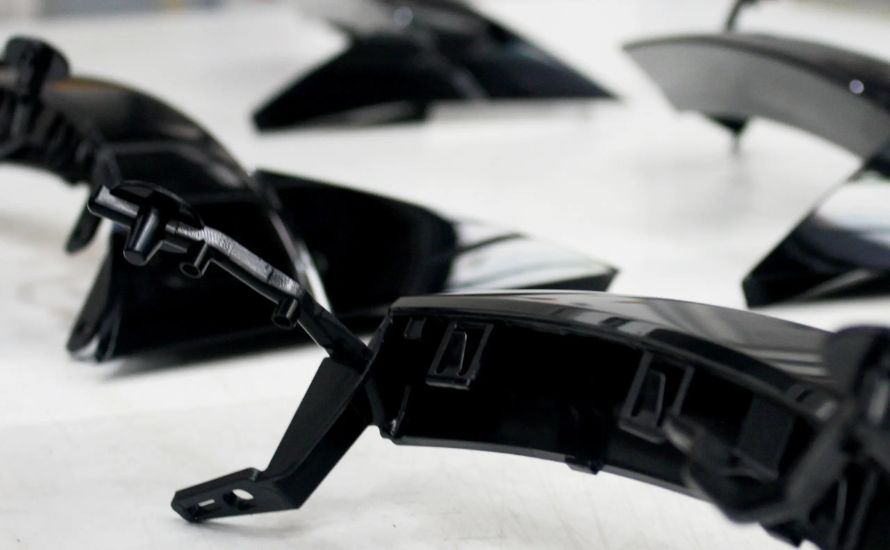
3.2. Consumer Products
ABS Sheets are preferred in the consumer products market for their adaptability and aesthetic appeal. Appliances, luggage, toys, and domestic items are among the numerous products that incorporate them. The capacity to mold, paint, and varnish ABS Sheets enables manufacturers to achieve the desired aesthetics while maintaining structural integrity.
Comparison to PVC: While PVC Sheets may be more cost-effective for specific consumer goods, ABS Sheets offer superior stability and impact resistance, rendering them the preferred option for products that necessitate improved durability and aesthetic appeal.
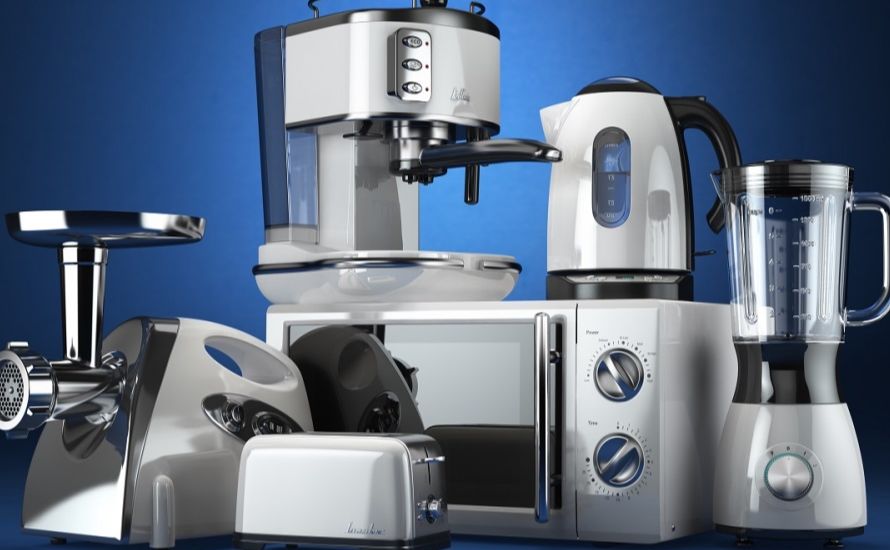
Read more: ABS Plastic - A top choice for toy manufacturing
3.3. Electronics
ABS Sheets are indispensable in the electronics sector for the construction of structural components, enclosures, and housings. They are the optimal choice for protecting electronic devices due to their resistance to environmental factors, impact, and heat. ABS Sheets also provide exceptional electrical insulation, which guarantees the dependability and safety of electronic systems.
Comparison with PVC: Although PVC Sheets may be suitable for certain electronic applications, ABS Sheets are more effective in terms of heat and impact resistance, offering superior protection for delicate components in demanding environments.
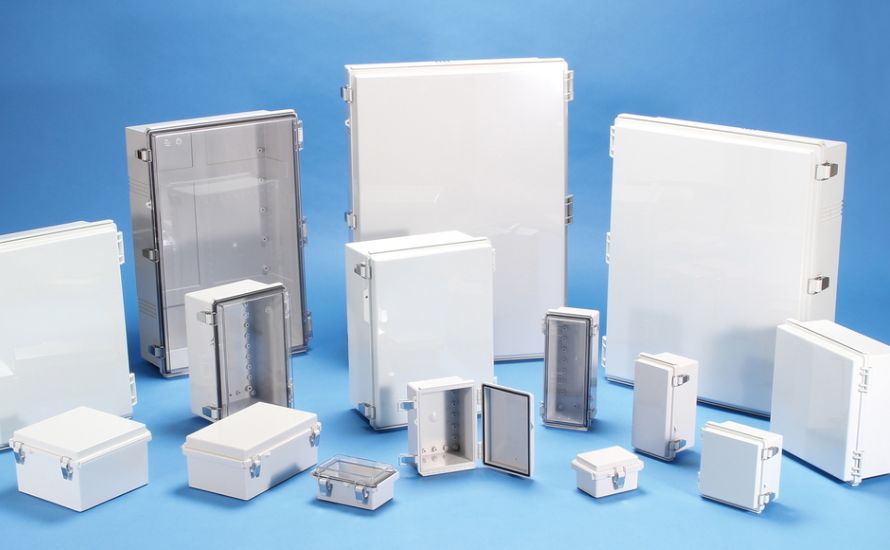
3.4. Industries that specialize
ABS Sheets are also employed in industries such as furniture manufacturing, signage, and healthcare. They are employed as medical equipment housings in healthcare due to their ease of sterilization and durability. ABS Sheets are capable of withstanding outdoor conditions and preserving their vibrant colors over time, making them an ideal choice for signage. The design possibilities are enhanced by their strength and versatility in furniture manufacturing.
Comparison with PVC: Although PVC Sheets can be utilized in these industries, ABS Sheets offer greater impact resistance and dimensional stability, making them more suitable for applications that demand high performance and durability.
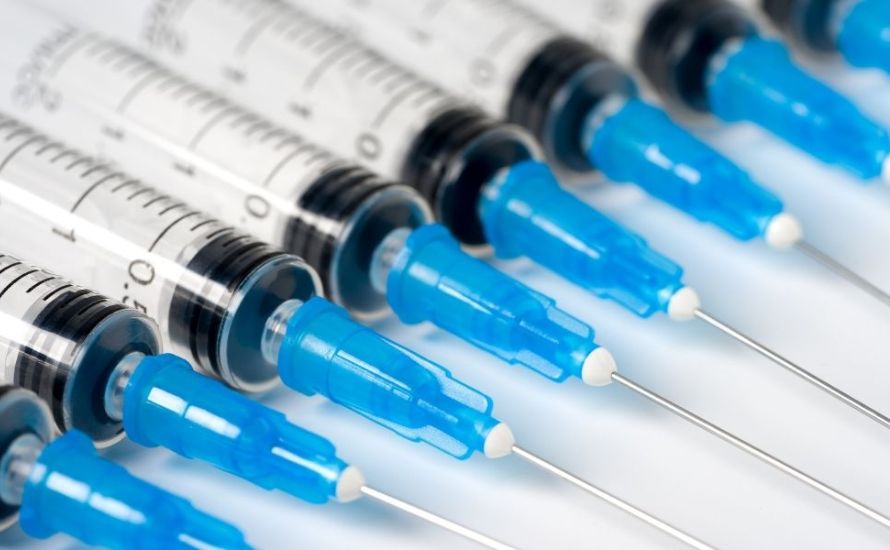
Read more: List of PVC Plastic Types and Their Applications
4. What Kind Of Sheet Should You Choose?
When selecting between ABS and PVC Sheets, it is important to consider the distinctive advantages that each material offers. ABS Sheets are a preferred option across a variety of industries, including automotive, consumer products, and electronics, due to their exceptional durability and adaptability. Their capacity to endure wear and tear while permitting intricate designs renders them the optimal choice for applications that necessitate both aesthetic appeal and durability.
Conversely, PVC Sheets are particularly advantageous in settings that prioritize cost-effectiveness and chemical resistance. They are particularly well-suited for applications such as signage and piping, where durability against severe conditions is crucial.
It is essential to evaluate the specific needs of your endeavor, as well as any environmental considerations, when making a decision. You can make an informed decision that guarantees optimal performance and sustainability for your endeavors by meticulously evaluating the advantages and limitations of each material. Please bear in mind that the success and longevity of your initiatives can be significantly influenced by the selection of the appropriate option.
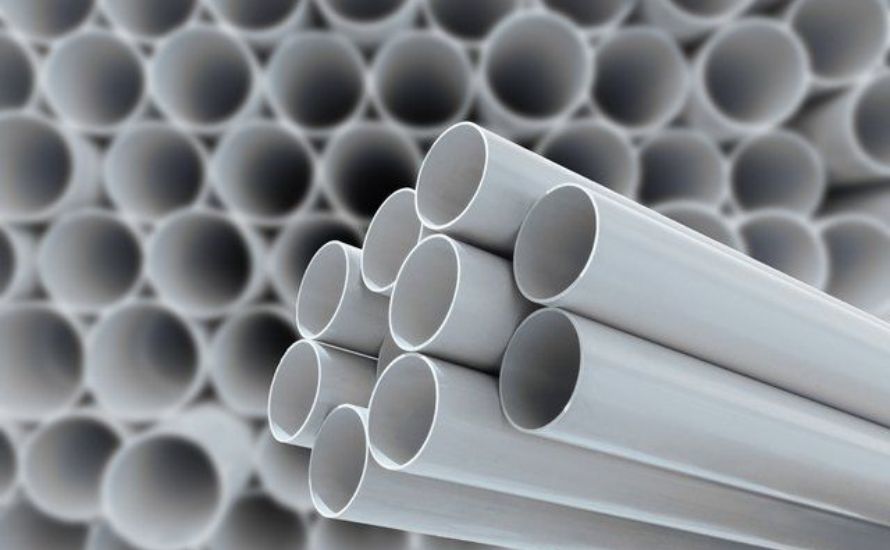
5. Conclusion
In summary, choosing between ABS Sheets and PVC hinges on understanding their unique properties. ABS offers exceptional durability and versatility, making it ideal for demanding applications, while PVC shines in chemical resistance and cost-effectiveness for projects like piping and signage. By carefully assessing your project’s specific needs and environmental factors, you can make an informed decision that ensures optimal performance and sustainability. Choose wisely, and set your projects up for success!
6. About EuroPlas’ ABS Products
EuroPlas provides a wide selection of
ABS flame retardant compounds that are engineered to improve fire safety without sacrificing performance. Optimal fire resistance for your applications is guaranteed by our ABS-FR materials, which have been modified with halogen-free flame retardant additives to meet a variety of UL94 standards—V0, V1, and V2. Our compounds are well-suited for products such as power sockets, electronic components, and mobile chargers, as they preserve the mechanical strength and durability of conventional ABS. Discover our cutting-edge solutions today and enhance the safety of your products with EuroPlas!
Explore how EuroPlas can fulfill your material requirements and improve your product efficacy.
Contact us today to learn more about our offerings and how we can partner for your success!